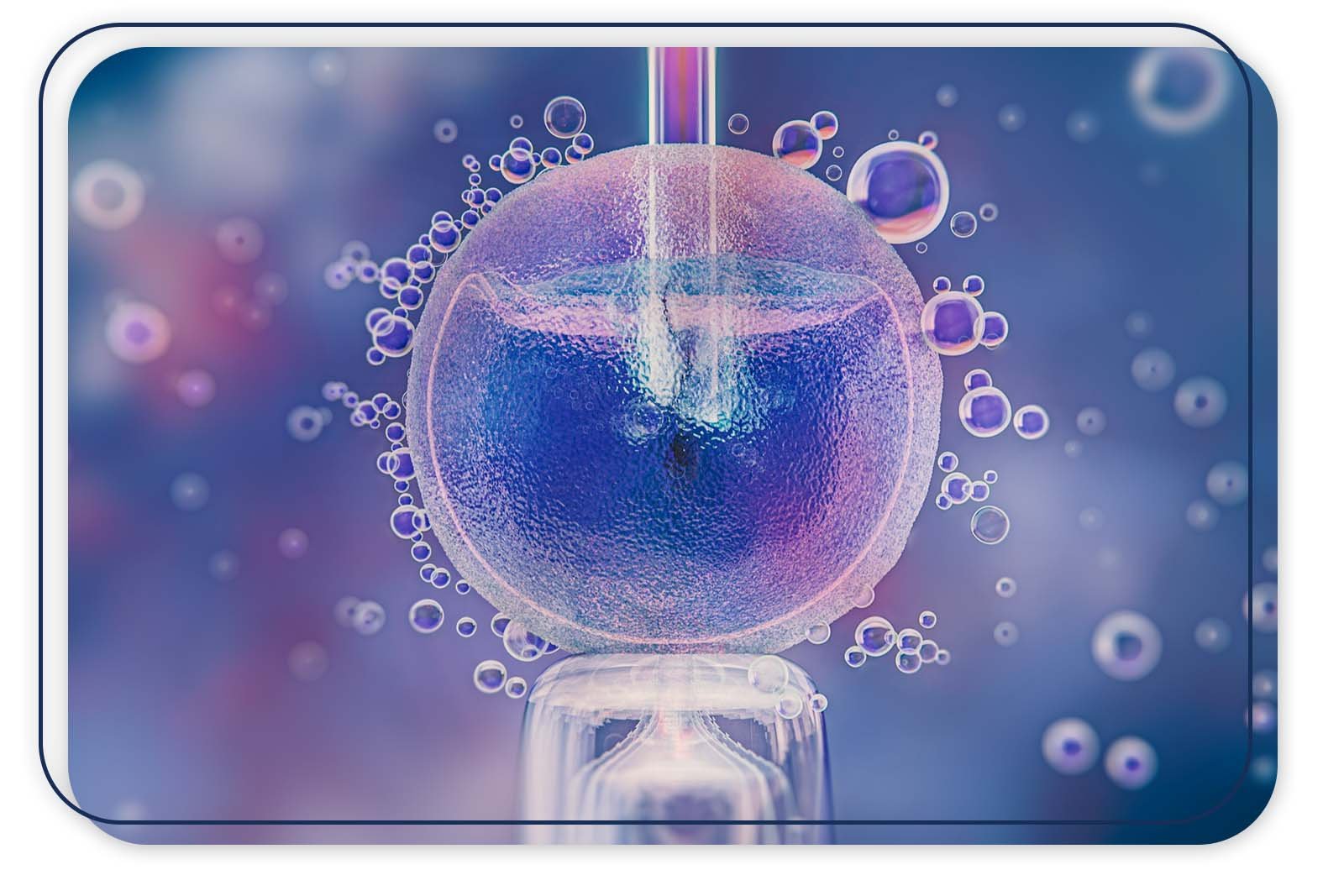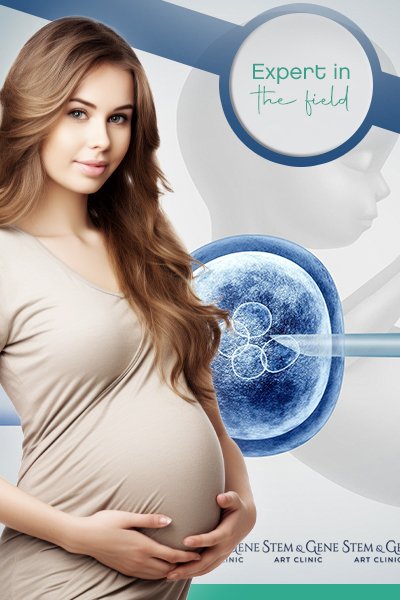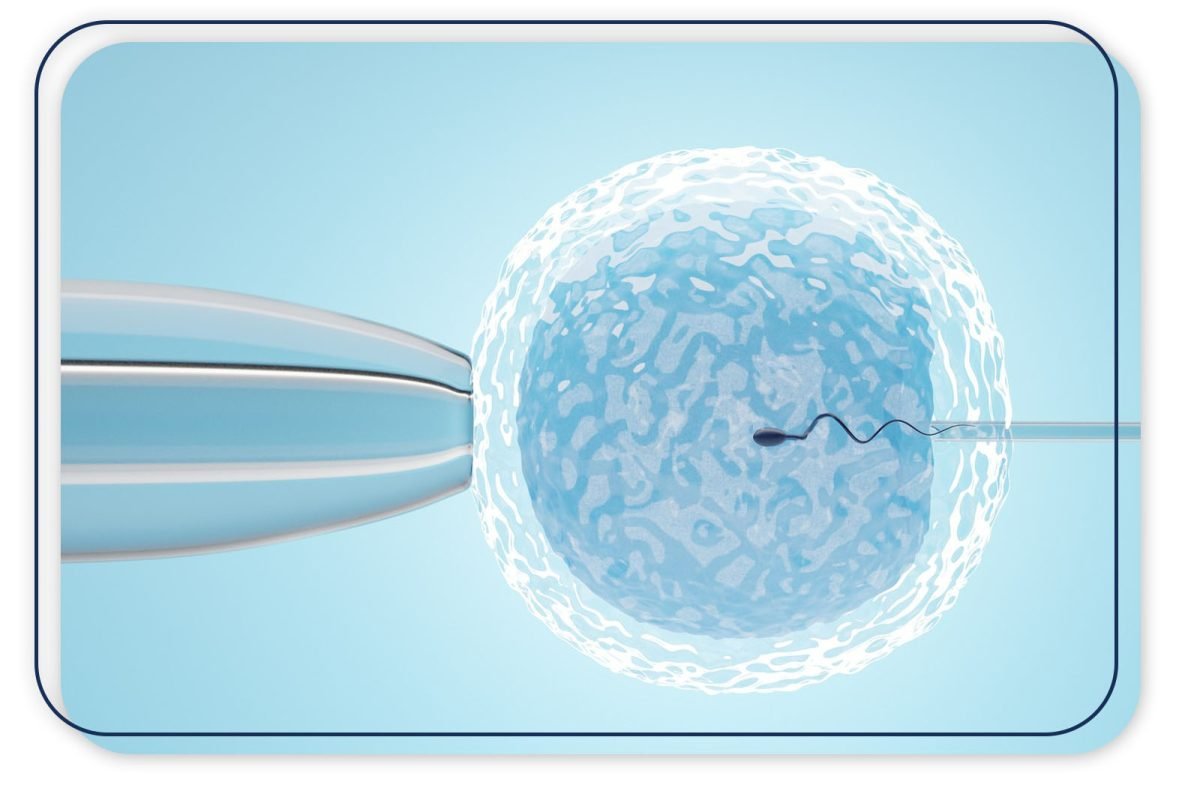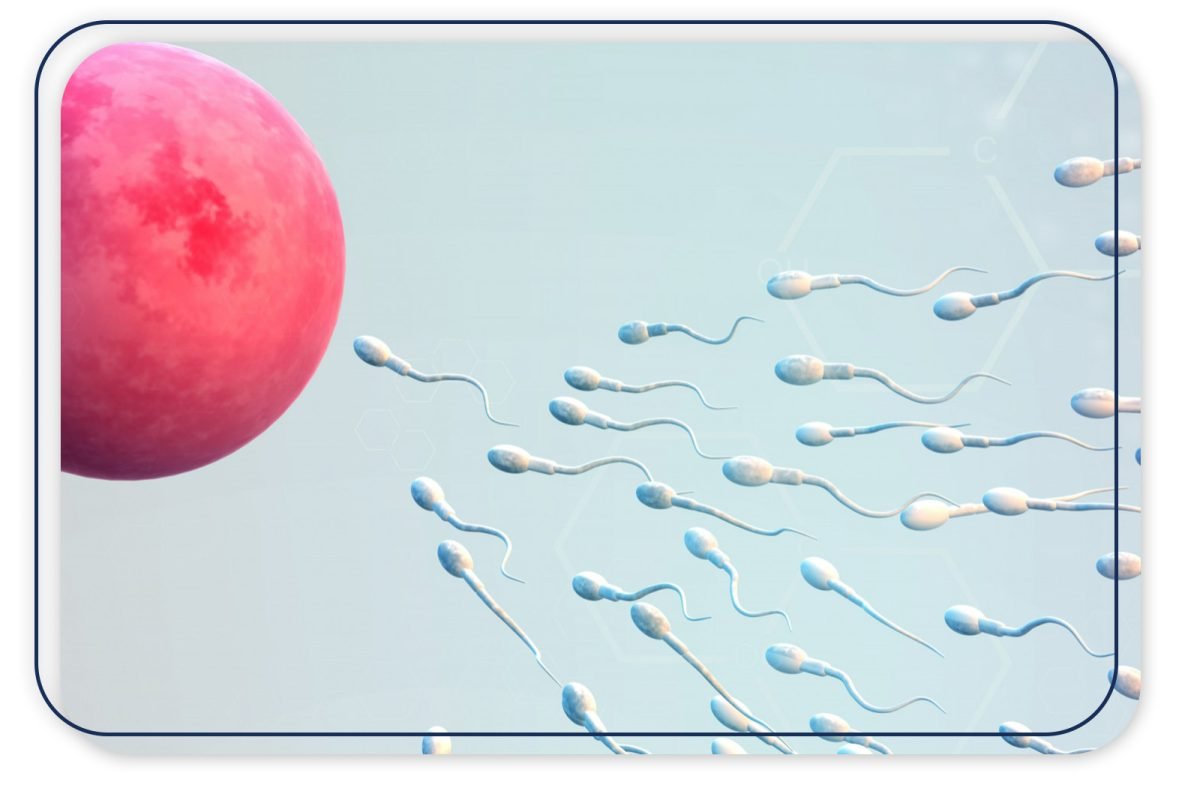
Treatments

IVF + ICSI: A Comprehensive Guide
In vitro fertilization (IVF) is a groundbreaking solution for women facing challenges in conceiving through traditional methods. It involves the intricate process of combining male and female reproductive cells to form embryos in a controlled laboratory setting. Fertilization can occur spontaneously (IVF) or through the manual injection of sperm into an egg (ICSI).
This globally recognized treatment comprises three essential stages:
Initial Consultation and Examination
- Tailored Medical Protocol: Individualized treatment plans are formulated after a comprehensive assessment of the patient’s condition, potentially involving specific medications or birth control pills to manage ovarian activity.
- Thorough Evaluation: A meticulous examination, including a detailed medical history, tests, and evaluations, assesses various factors crucial for successful IVF, such as ovarian capacity, uterine structure, and potential abnormalities.
- Informative Discussion: The procedure’s stages, expected outcomes, potential risks, and chances of successful pregnancy are meticulously explained, ensuring informed decision-making for the couple.
Preparing for IVF Treatment
- Lifestyle Preparations: Lifestyle adjustments, such as quitting smoking, starting a folic acid-rich multivitamin, and stress management, play a pivotal role in preparing for IVF.
- Medication and Tests: Depending on the treatment protocol, specific medications are administered around menstrual cycle days 20-21. Additionally, essential tests including hormone levels, blood screenings, and TORCH assessments are conducted.
Stages of In Vitro Fertilization (IVF)
Ovarian Stimulation:
- Precise Stimulation: Monitoring and adjustments via ultrasounds and blood estrogen measurements aim to stimulate the production of optimal follicles, critical for successful egg retrieval.
- Uterine Lining Assessment: Evaluating the endometrium’s thickness and adherence ensures an ideal environment for embryo implantation.
Egg Retrieval:
- Meticulous Process: Using a needle to aspirate fluid-filled follicles containing eggs, mature eggs are collected for further assessment and potential fertilization.
Fertilization:
- Methods: Fertilization can occur traditionally (IVF) by placing collected sperm near eggs or through intracytoplasmic sperm injection (ICSI), where a single sperm is manually injected into an egg.
Embryo Transfer:
- Critical Stage: Transferring embryos at the optimal stage ensures higher success rates. The number of transferred embryos directly impacts pregnancy rates, with 1-2 embryos typically yielding the best results.
Pregnancy Test:
- Monitoring Pregnancy: Rigorous testing and follow-ups, including urine and blood tests, are conducted to confirm and monitor the progression of a healthy pregnancy.
Contact Us
Details available with Every Demo

Projektet e ndërlidhura








